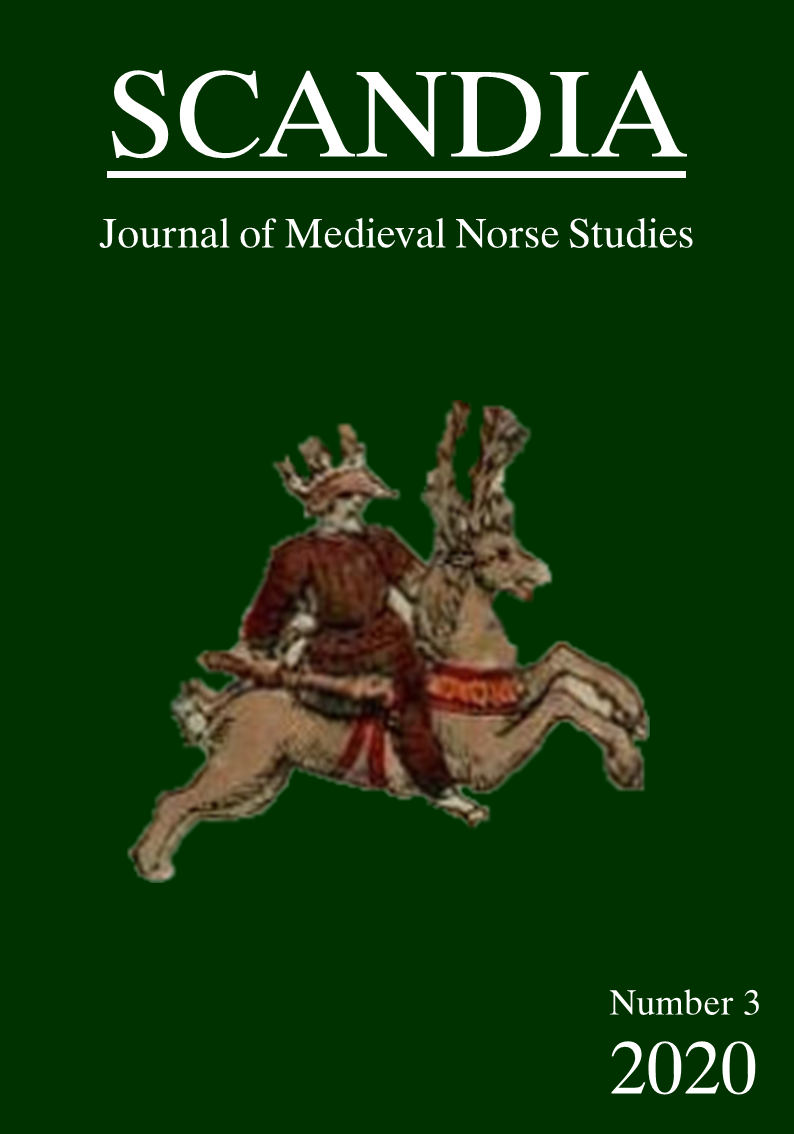NEW LAND, OLD CUSTOMS? VIKING-AGE GRAVES WITH ANIMAL REMAINS FROM SCOTLAND
Resumen
This article provides a contextual analysis of Viking-Age graves with animal remains from Scotland, investigating human-animal relationships in a funerary context within this region. To do so a comparative approach is adopted in order to better place the evidence within the context of burial customs in the Scandinavian homeland and in other key areas of the Viking diaspora in western Europe.
The general lack of animal remains in furnished graves on the territory, and the intentional deposition of only horses and dogs is approached from the point of view of changing, mixed identities in migrant contexts and culture contact with indigenous populations. This highlights the possible different meanings associated with animal depositions in the context of evolving traditions, and the need to send specific messages linked to personal identities to a given community. Acknowledging animals as once-living individual beings, this study addresses their presence in Scottish graves also from the point of view of the different types of relationships certain animals had with certain humans, and the multiplicity of roles they held in life as in death.
Descargas
Descargas
Publicado
Número
Sección
Licencia
The author (s) of the original submitted undertake to comply with the following:
- All authors are publicly responsible for it.
- The authors claim that this original is their own and that they assume full responsibility to third parties, whether moral or patrimonial, by reason of its content, stating that the work does not infringe any intellectual property rights of third parties.
- The author (s) agree to the copyrights of the original to Scandia Journal, to which they grant permission for its reproduction, editing and online publication.
- The author (s) grant their copyright of their original to the Scandia Journal, licensed under the Creative Commons Attribution License, which allows the sharing of this work with the acknowledgment of their authorship.
- The author (s) have permission and are encouraged to cite and distribute their original.


